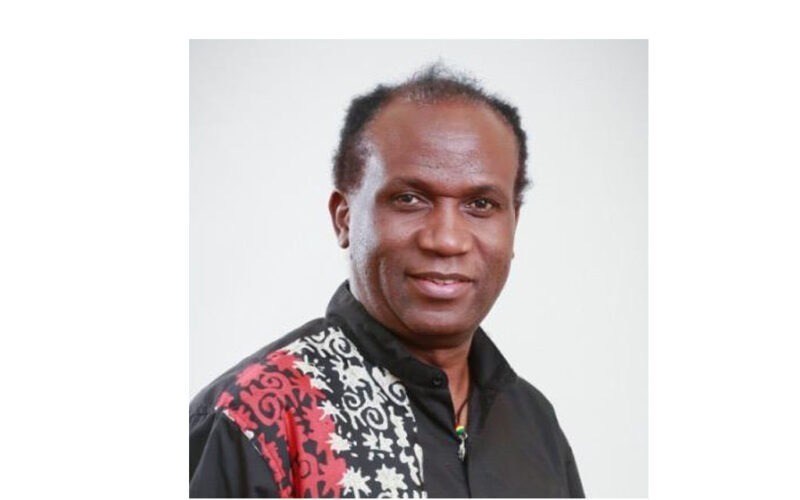I have been following keenly the various tournament being organized around the country and I have observed a very sutle but disturbing trend amongst the organizer. While the promotions of mass participation in sports is important. I have a feeling something is not right somewhere.
Am just saying , in an era where progress towards gender equality is being championed across the globe, it remains disheartening to witness disparities persisting within the realm of sports rewards in Namibia at community level.
The question arises: Why do women’s sports tournaments often receive fewer rewards than their male counterparts? While it is crucial to avoid sweeping generalizations, it is evident that the basis for these discrepancies is multifaceted and requires a comprehensive examination.
Am just saying, while not being an academic research to tabulate the data, which is if it exists! The gender imbalance in sports rewards explicitly regarding women as second-class citizens is out there for all to see.
One might be tempted to argue that this trend reflects deeply entrenched societal norms, historical biases, and systemic inequalities. And these factors influence decision-making, inadvertently perpetuating gender disparities in sports.
What can we do to champion equality amongst sports organizers? What is need to contribute to overcoming deeply ingrained biases and proactive change?.
Am just saying, the one aspect contributing to these discrepancies is the historical undervaluing of women’s sports. Over the years, men’s sports have traditionally received more attention, funding, and media coverage.
As a result, men’s tournaments have garnered larger audiences and subsequently higher revenues, leading to increased rewards. This cycle of disparity can only be broken by investing in women’s sports, promoting representation, and giving them equal platforms to shine.
Moreover, the representation of women in decision-making roles within sports organizations remains uneven. While it’s not accurate to label all male organizers as harboring sexist attitudes, diverse perspectives are vital to ensuring fairness and equity.
The inclusion of women in leadership positions can lead to more balanced decision-making and the implementation of policies that actively promote gender equality.
The Namibian Constitution indeed upholds the principles of gender equality, and any form of gender-based discrimination contradicts these principles. However, the enforcement of constitutional rights often requires vigilant advocacy and legal action.
The fight against gender disparities in sports rewards can benefit from increased awareness, dialogue, and pressure on governing bodies to adhere to constitutional values.
Am just saying it’s crucial to recognize that these discrepancies often stem from complex historical biases and systemic imbalances. Efforts to rectify this situation require collaboration among stakeholders, inclusive policies, and a commitment to dismantling gender-based discrimination.
By addressing these issues head-on, Namibia can pave the way for a more equitable and inclusive future in sports.
Am just saying.




